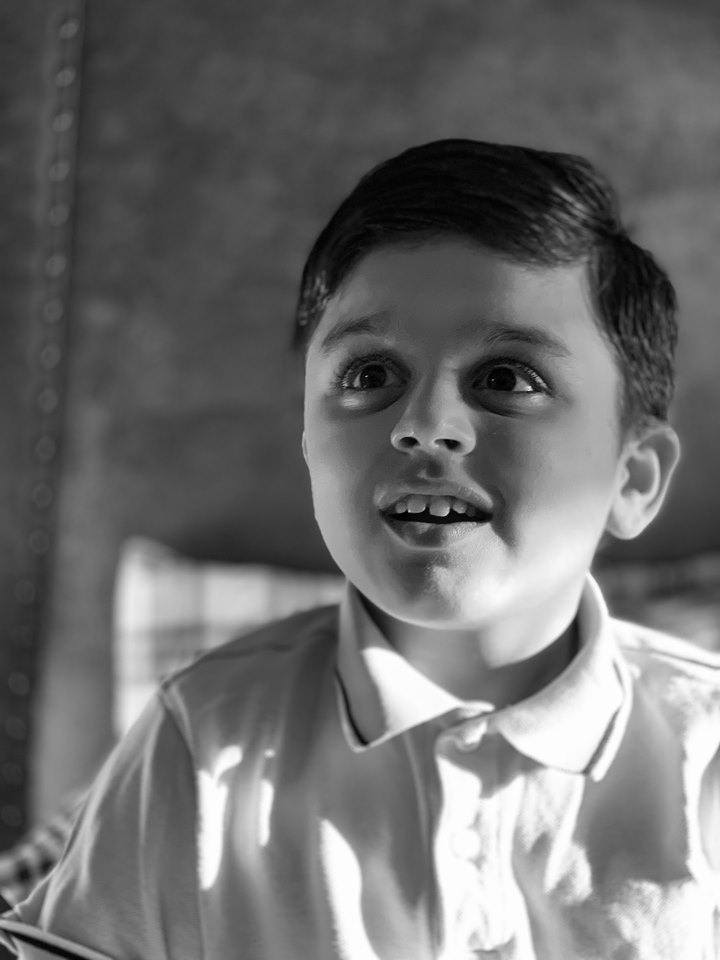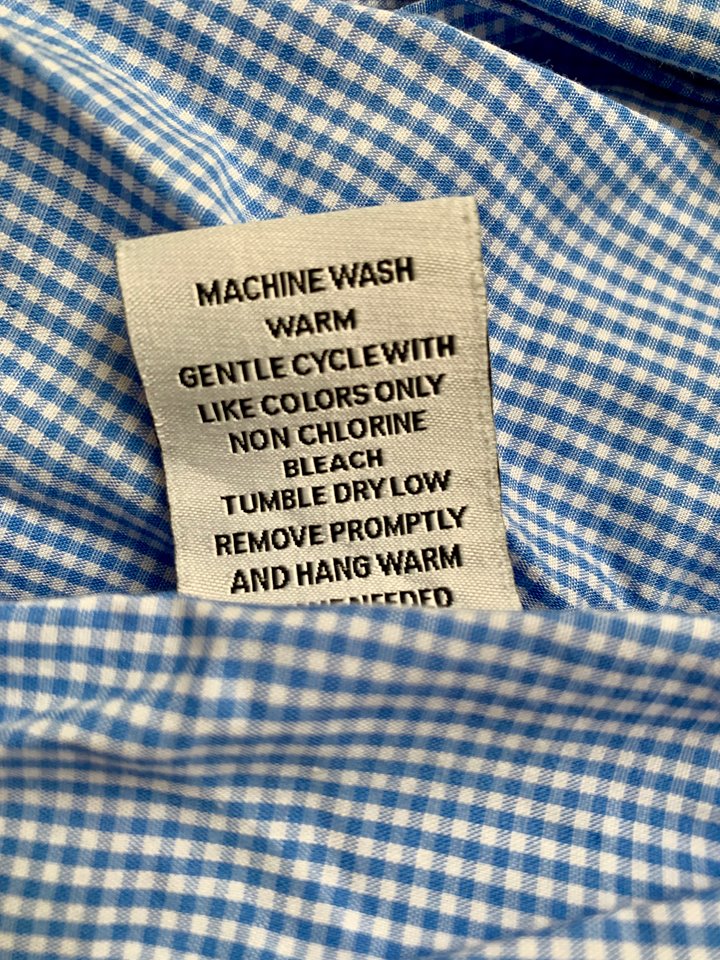Talking about autism that is not your diagnosis but someone else’s is a bit like walking a tight rope. Talking about it can have many faceted reactions, it can normalize neurological differences and increase acceptance. But it can also do the opposite, increase the stigma. Talking about it can lead to quick assumptions. If you share the hard stuff and share their most vulnerable moments for the whole world to see you are not respecting their privacy. Would a person who suffers from anxiety like to be videotaped when they are having a panic attack? Or would an epileptic like to be photographed while having a seizure? These are hard questions to ask yourself.
But not talking about it doesn’t help either. Then, you are sugar coating it, not acknowledging the hard stuff. The struggle that an autistic person has to go through dealing with things that many of us take for granted. Like brushing your teeth twice a day when you DON’T have a sensory sensitivity. Or walk into a public bathroom with electric hand dryers.
So talking about it can help. But what is important is to realize that when I talk about Ali I talk about how I see it. I cant speak for him and don’t have a first hand experience. And so is the representation of autism in popular culture. When you see one autistic character in a tv show or a movie, it doesn’t stand to represent ALL autistic individuals.
What is important is to understand that autism isn’t black and white. But more often than not it is seen and portrayed in popular culture as either math geniuses, or savants like Raymond Davis (played by Dustin Hoffman) in “Rain Man”. Or you see the other extreme, the non verbal stimming kind with limited to no sense of the social world outside their bodies. The reality can lie anywhere from this extreme to the other and anywhere in between. A person on the spectrum may have excellent writing skills but may struggle with basic math, or they may have excellent computing skills but may have a hard time using expressive language. The popular representation of these extremes can be misleading and autistics can have a hard time identifying with either of them. Representation is important but it needs to be taken with a grain of salt because an irresponsible representation can breed even more stigmatization and stereotyping.
So how do you approach autism and autistics? The answer is simple. You accept it. You accept that it comes in different shapes and forms. You don’t stereotype. You don’t assume their personality because they have autism. You acknowledge their strengths and struggles. You don’t live their experience and live inside their bodies so you don’t judge them based on their diagnosis just as you should not judge someone based on their beliefs, gender or race. You acknowledge them for who they are. It really is that simple.









